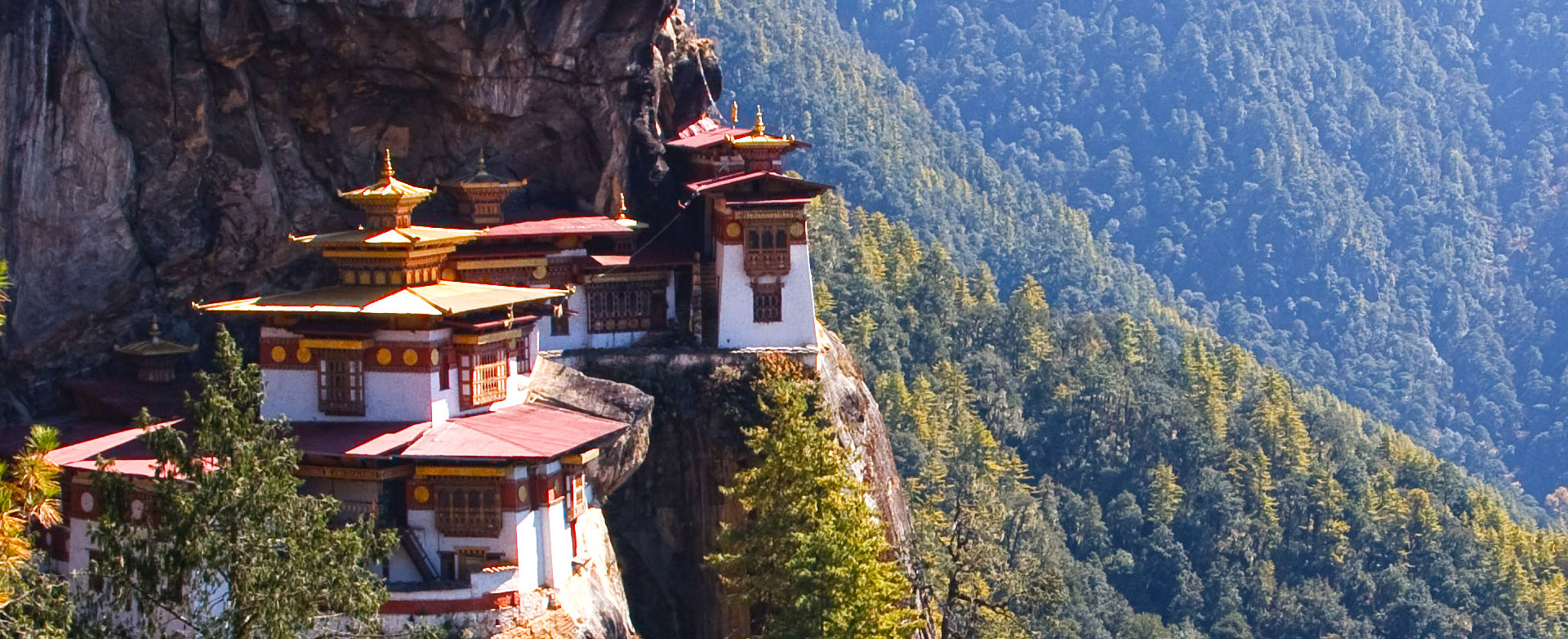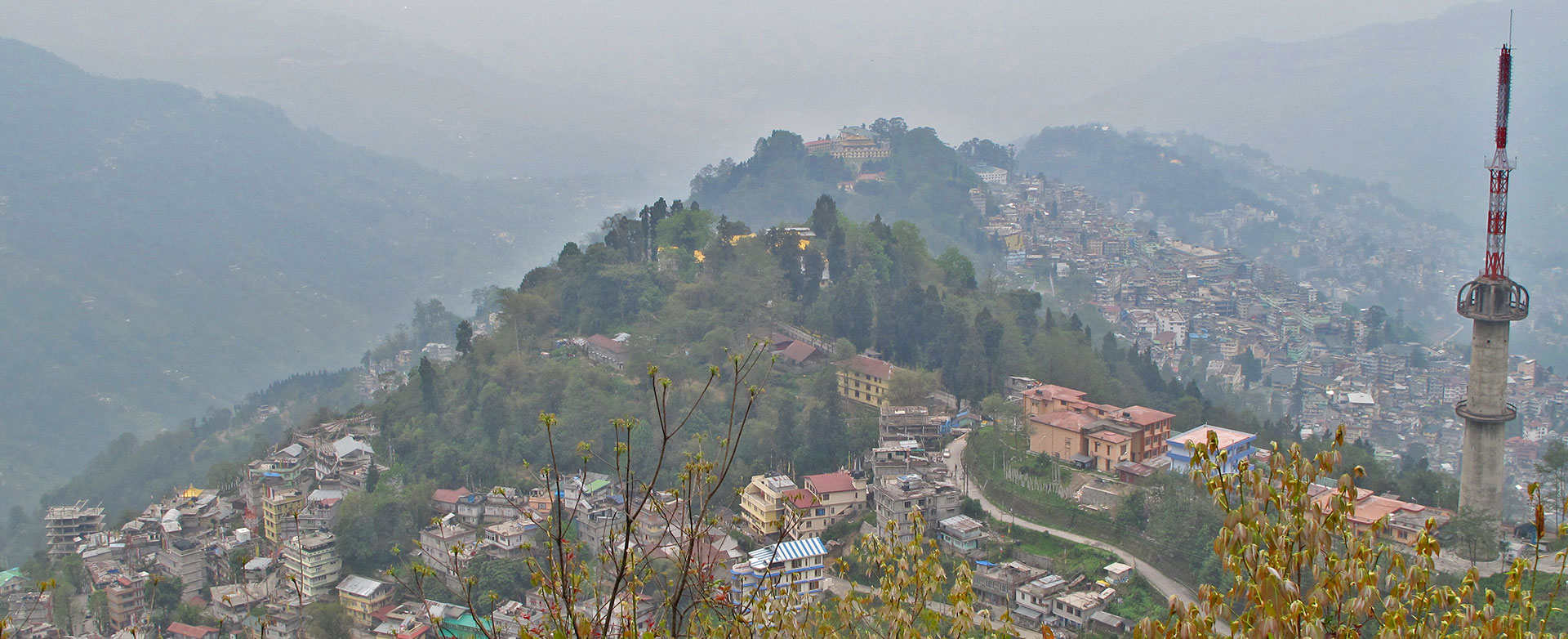+41 21 634 05 05
Booking@alpsshiking.co
- Home
- Nepal
- Climbing and Expedition
- Trekking and Hiking in nepal
- Everest Base Camp Trek
- Aggressive Everest Base Camp Trek
- Everest Base Camp Trek: Return by Heli
- Everest Base Camp Trek via Gokyo
- Everest View Trekking
- Highland of Everest/Three passes
- Jiri to Everest Base Camp Trek
- Everest and Annapurna Private Journey
- Everest and Annapurna Lodge Trek
- Manaslu Circuit Trek
- Manaslu Circuit and Base Camp Trek
- Tilicho Lake Trekking
- Ganesh Himal Base Camp Trek
- Annapurna Circle Trekking
- Tsum Valley Trek
- Annapurna Sanctuary Trek
- Annapurna Base Camp Trekking
- Annapurna Base Camp Trek
- Khopra Ridge Trek
- Ghandruk Ghorepani Poonhill Trek
- Upper Mustang Trekking
- Lower Dolpo Trek
- Upper Dolpo Trekking
- Kanchenjunga Circuit Trekking
- Gorkha Dhading Village Trekking
- Panch Pokhari Trekking
- Simikot Hilsa Trekking
- Langtang Valley Trek
- Royal Trek
- Chisapani Nagarkot Hiking
- Cultural and Historical Tours in Nepal
- Day Tours in Nepal
- Religious and Spiritual Tours in Nepal
- Multiple Activities in Nepal
- Cycling and Mountain Biking in Nepal
- Tibet
- Bhutan
- India
- About
- Contact Us





